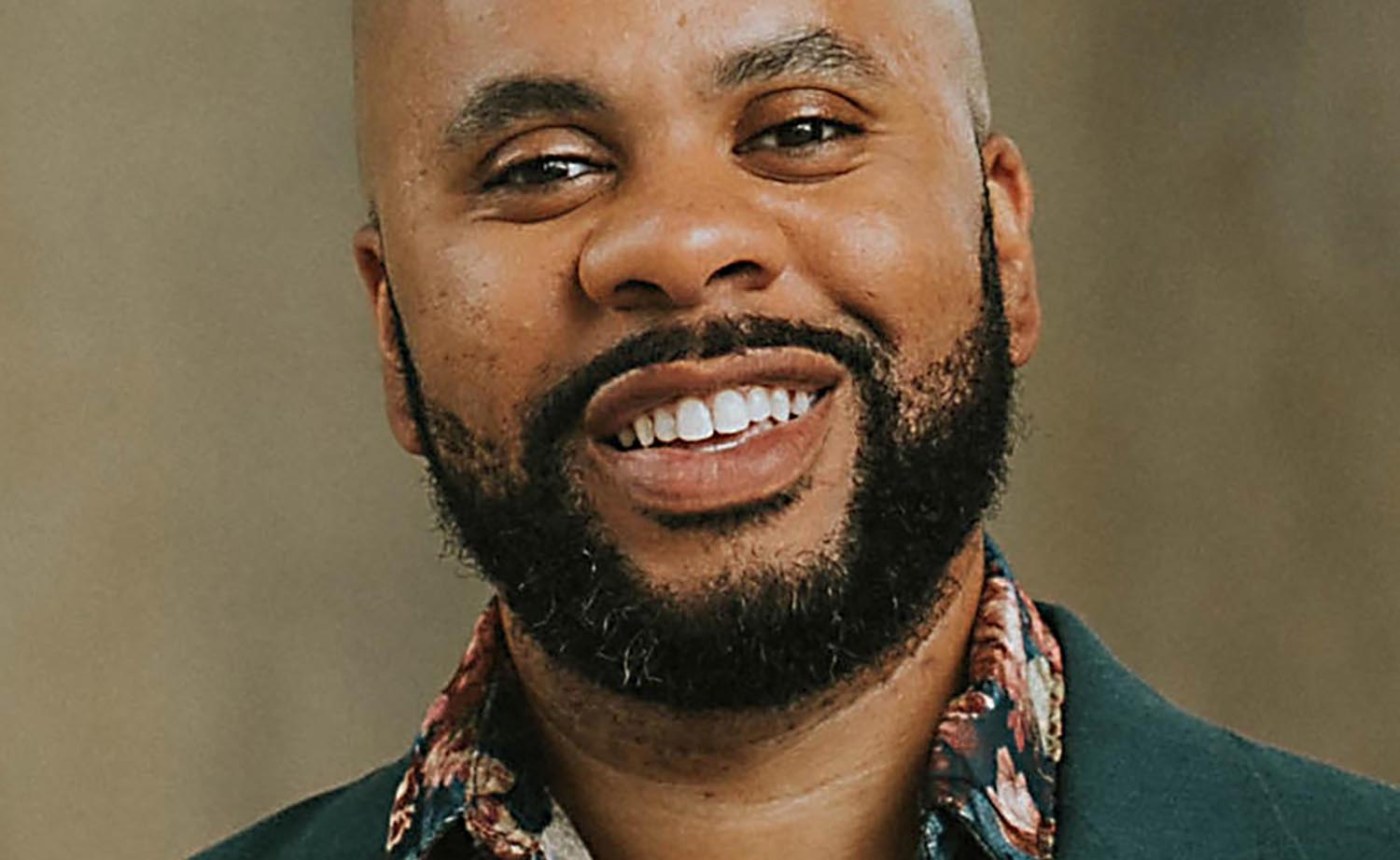
Dear Eric: I have been friends with two people for 45 years and 30 years, respectively, and we go away together at least twice a year.
Related Articles
Asking Eric: Our neighbor flipped out when we sold her old car
Asking Eric: I don’t know why I’m being such a jerk to people
Asking Eric: My friend is doing the wrong thing with her inheritance. How do I set her straight?
Asking Eric: I skipped her birthday because of the $10 fee, and she reacted poorly
Asking Eric: People say I’m rude. Should I tell them why that is?
However, I prefer going away with one friend more than the other friend, and sometimes the two of us do go away on our own and say nothing to the third.
I realize if our other friend found out, she would be very hurt, but how do you tell someone that the dynamics are different when she comes along and she can be quite self-centered?
I am in my late 50s and feel I should be able to do what suits me at this stage of my life. Why placate someone and, as a result, not enjoy myself as much?
She has more family commitments than we do, but in truth we just prefer going away without her, commitments or no commitments. We just have more fun. What do you think?
– Three’s Sometimes a Crowd
Dear Three’s: Yes, you absolutely can do whatever you want. And longtime friendship is not a binding contract requiring you to always vacation together.
However, you have to decide if you’re OK with the consequences of your actions – namely, hurt feelings and perhaps a disruption in your friendship. (Knowing, of course, that each of us is responsible for our own feelings, but that our actions have impacts.)
What’s worse: feeling the stress you’re feeling around the covert vacations or choosing not to go so as not to risk being caught and hurting your friend? That’s up to you.
The other option, of course, is to tell your friend in advance that you’re going away with the other friend. This replaces placating with directly communicating out of respect for your longstanding relationship.
You don’t need to make it about her self-centeredness (although if that’s getting in the way of the friendship, you might find another way of addressing it.) Instead, frame it as a choice you’re making.
Yes, this may still involve hurt feelings, but the risk of being misunderstood lessens.
Dear Eric: I am a mid-70s, single gay man with no close family ties. I never imagined that anyone could or would want to love me. Even when they were right there, showing me how much they cared.
I did three months of therapy via Zoom. It was helpful, but I was not able to admit to that therapist the emotional neglect that I had subjected my dying partner to (he passed from AIDS), how selfish I was in going about my life while he languished and eventually died. How I selfishly ignored his need for the love and support that could have made his last years so much better for him, and for me, had I stepped up for him.
Honestly, I am so ashamed of myself I think that the only way for me to truly open up to another person about all of this would be to hide in shame and sadness behind a mask, so they’d never know who I am.
I survive by telling myself that the person I am today is different from the person I was in the past. I work on self-awareness, empathy, being present and being kind. I long to experience happiness even if it’s brief. Do you think that might still be possible for me?
– Lost Life
Dear Lost Life: I want you to really try to believe me when I tell you the short answer: Yes, it is possible.
Forgiveness, especially of oneself, does not mean forgetting. You’re trapped by the shame of your actions. You have to find room for forgiveness.
In the past, you didn’t do all that you could, but you were also experiencing a constellation of traumas, in the midst of a national and global health epidemic that was often politicized by those in power to make you and others like you feel that they’d brought their suffering on themselves. I write this not to absolve you, but to suggest there’s a new narrative you can start to craft for yourself.
Related Articles
Miss Manners: I offer my cheek but she swoops for my lips
Dear Abby: How should I dress to show I’m tough enough for the job?
Asking Eric: Our neighbor flipped out when we sold her old car
Harriette Cole: She said she dated him too, and now I feel weird about it
Miss Manners: I was mortified to hear what my friends planned for my baby shower
You write that you never thought yourself worthy of love. So that lifelong narrative of unworthiness is only collecting evidence of further unworthiness. To break that cycle, please give therapy another try, this time with a therapist specifically trained to work with gay men, preferably gay men who lived through the onset of the AIDS crisis. Ask the therapist to help create a space that’s safe for the shame that you feel.
Also, reach out to your local LGBTQ community center or organizations working with people living with HIV/AIDS to see if there’s a social group or support group for LGBTQ seniors. You’re not alone and talking with others who have lived through what you’ve lived through and perhaps felt what you feel will remind you of that.
Send questions to R. Eric Thomas at [email protected] or P.O. Box 22474, Philadelphia, PA 19110. Follow him on Instagram @oureric and sign up for his weekly newsletter at rericthomas.com.